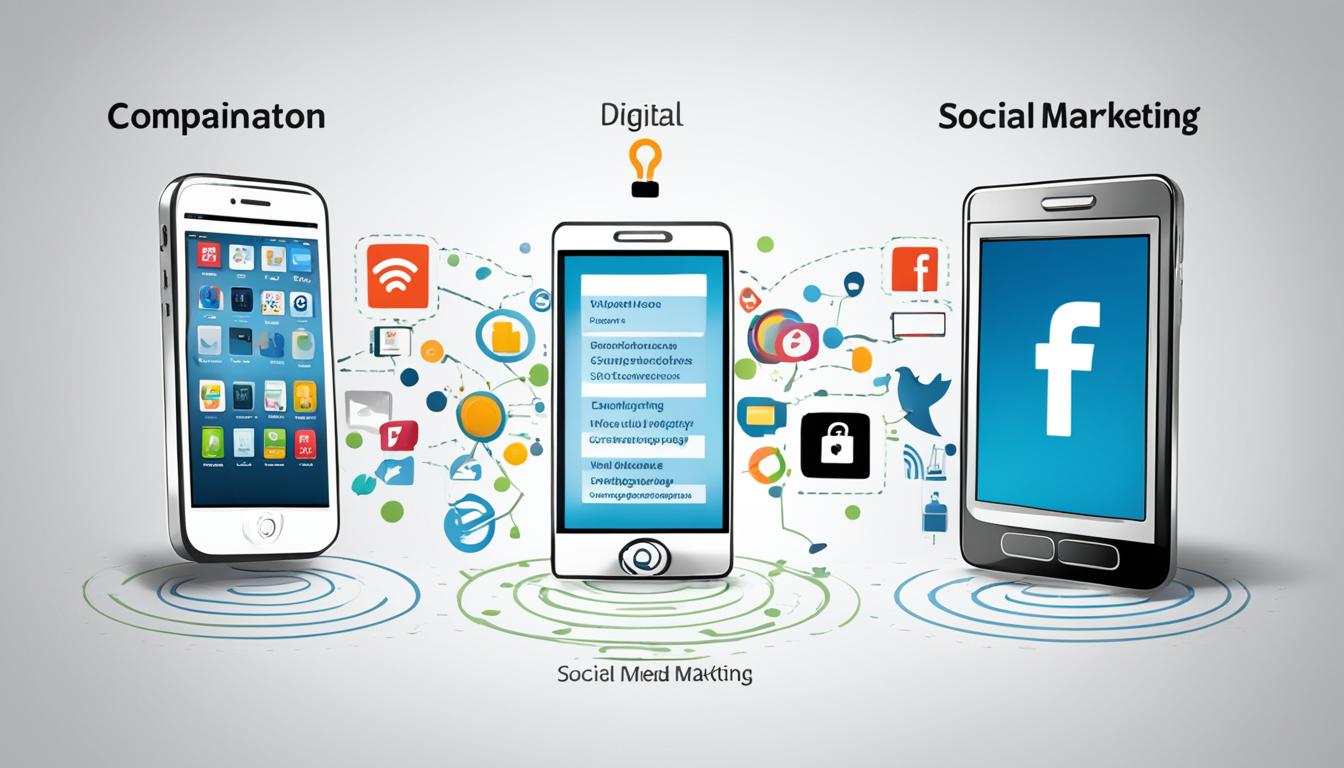The role of Human Resources (HR) in organizations has undergone a significant transformation over the years. From being viewed as a mere administrative function, HR has evolved into a crucial strategic business partner. Today, organizations recognize the value of aligning their HR strategies with business objectives to drive growth, innovation, and competitive advantage. As HR professionals, understanding how to evolve your career in this direction can be both challenging and rewarding. This comprehensive guide aims to explore the evolution of HR, the role of HR as a business partner, and practical strategies for advancing your career in this dynamic field.
Understanding the Evolution of HR
The journey from administrative functions to strategic business partner began in the late 20th century as businesses started to realize that human capital was essential in gaining a competitive edge. Initially focused on hiring, payroll, and benefits management, HR’s role was largely transactional. However, as the business landscape became more complex, the need for HR to contribute more substantially to strategic planning became apparent.
This shift was marked by the adoption of the Ulrich HR Model in the 1990s, introduced by Professor Dave Ulrich, which proposed that HR should play four roles: strategic partner, change agent, administrative expert, and employee champion. As strategic partners, HR professionals work closely with senior management to develop an HR agenda that closely supports organizational goals.
HR as a Strategic Business Partner
As a strategic business partner, HR professionals are involved in crafting organizational strategies that integrate effective workforce management practices. This role demands a deep understanding of the business’s core operations and strategic objectives. The focus is not only on managing talent but also on foreseeing the skills needed for the future, enhancing employee engagement, and building a culture that aligns with the business’s vision and values.
Key Responsibilities:
1. Workforce Planning and Talent Management: Aligning staffing strategies with business needs, forecasting talent requirements, and ensuring the right mix of talent to drive business success.
2. Organizational Development: Designing structures and workflows that enhance organizational performance. HR partners work to streamline operations and facilitate change that aligns with strategic business goals.
3. Performance Management: Developing performance metrics that reflect business objectives, and implementing systems that reward performance that drives business results.
4. Employee Engagement and Culture: Fostering a work environment that motivates employees, aligns with the company’s strategic objectives, and promotes retention and satisfaction.
5. Diversity and Inclusion: Developing policies and strategies that create an inclusive workplace culture which leverages diversity as a competitive advantage.
6. Learning and Development: Implementing training programs that enhance employee skills and leadership capabilities in alignment with business goals.
7. Employee Relations: Managing employee relations issues and ensuring compliance with employment laws and regulations.
8. Compensation and Benefits: Structuring compensation and benefits packages that attract and retain top talent while ensuring alignment with the strategic objectives and financial constraints of the organization.
9. HR Analytics: Utilizing data analytics to inform HR strategies, measure the impact of HR initiatives, and enhance decision-making processes.
Strategies to Evolve Your HR Career
To position yourself as an effective HR business partner, certain competencies and strategic approaches are essential. Here are key strategies to consider:
1. Acquire Business Acumen:
Gain a solid understanding of your organization’s industry, competitive landscape, and business strategies. Knowledge of financial metrics and how your company makes money is crucial. This understanding helps to align HR strategies with business objectives effectively.
2. Develop Strategic Thinking:
Learn to anticipate future business and talent trends. This involves understanding external factors that impact your industry and translating them into actionable HR initiatives that support long-term organizational goals.
3. Enhance Communication Skills:
Effective communication is vital. This includes the ability to articulate the value of HR initiatives in terms of ROI to the business, influencing and negotiating with business leaders, and tailoring your message to different audiences.
4. Build Relationships:
Foster strong relationships across the organization. Understand the challenges and needs of various departments and use this insight to develop supportive HR practices. Being seen as approachable and a problem solver increases your credibility as a business partner.
5. Leverage Technology:
Embrace HR analytics and digital tools to enhance decision-making and improve efficiency. Understanding how to collect, analyze, and use data is essential in making informed HR decisions that support business strategies.
6. Pursue Continuous Learning:
The business world is constantly evolving, and staying updated with the latest HR practices and trends is necessary. Consider advanced HR certifications, workshops, and seminars to broaden your expertise and keep your skills relevant.
7. Ethical Leadership:
Uphold the highest standards of integrity and professionalism. As HR increasingly contributes to strategic decisions, the importance of ethical considerations in managing workforce implications cannot be overstated.
8. Focus on Innovation:
Stay ahead of industry trends and seek innovative HR practices and technologies that can improve efficiency and effectiveness within the organization.
9. Cultivate Change Management Skills:
Develop the ability to manage and lead change within the organization, facilitating smooth transitions and maintaining productivity during periods of change.
10. Master Conflict Resolution:
Acquire skills to manage and resolve conflicts effectively, ensuring a harmonious work environment that fosters collaboration and productivity.
11. Promote Wellbeing and Sustainability:
Champion initiatives that promote employee wellbeing and sustainability, recognizing their impact on productivity, engagement, and brand reputation.
12. Develop Global Competency:
For multinational companies, understanding and managing cross-cultural differences and global HR practices are essential for effective workforce management.
The Future of HR as a Business Partner
Looking ahead, the importance of HR as a strategic business partner is only set to increase. The integration of artificial intelligence and automation in the workplace will require HR leaders to manage both the human and digital workforce effectively. The ongoing challenges of global workforce management, diversity and inclusion, and continuous changes in employment law also require that HR professionals be more proactive than ever.
The evolution of HR into a strategic business partner is an exciting career path that offers numerous opportunities for impact. By embracing a strategic mindset, continually developing relevant skills, and aligning closely with business objectives, HR professionals can not only enhance their career prospects but also play a key role in driving organizational success.
In conclusion, the journey of HR from the back office to the boardroom reflects its growing significance in strategic business planning. As businesses continue to recognize the value of human capital in achieving business objectives, the role of HR as a strategic business partner will continue to expand and evolve. This makes it an exciting time for HR professionals to further their careers and make a significant impact on the success of their organizations.


